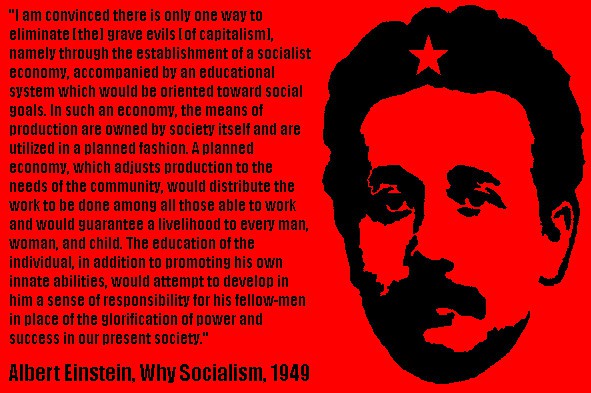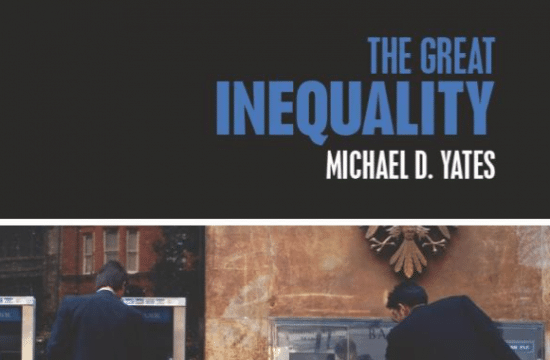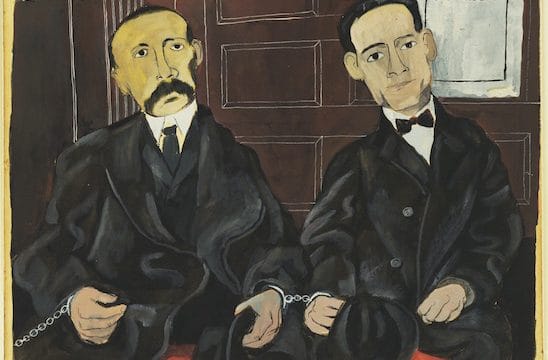 I first corresponded with Alex Cockburn in 1986. An article of mine titled, “South Africa, Anti-communism, and Value-Free Science” had appeared in The Chronicle of Higher Education and created a stir. One of the irate letter writers was Sidney Hook, the philosopher and former Marxist turned ardent right-winger. Among other things, Hook said that he couldn’t imagine how such a fool as I had been granted tenure. After reading Hook’s (dis)missive, I wrote the following to Alex, addressed to him c/o The Nation:
I first corresponded with Alex Cockburn in 1986. An article of mine titled, “South Africa, Anti-communism, and Value-Free Science” had appeared in The Chronicle of Higher Education and created a stir. One of the irate letter writers was Sidney Hook, the philosopher and former Marxist turned ardent right-winger. Among other things, Hook said that he couldn’t imagine how such a fool as I had been granted tenure. After reading Hook’s (dis)missive, I wrote the following to Alex, addressed to him c/o The Nation:
Dear Alexander Cockburn:
Enclosed are an article which I wrote and a particularly pathetic response from Sidney Hook. I thought that you might like to read them. That the U.S.’s ideology is equally anti-fascist and anti-communist must come as a surprise to the many Nazis invited here after World War 2 and the fascist states around the globe which we so avidly support.
Your Nation columns are wonderful, and your recent essay on Nicaragua (August 2-9) was inspiring. Keep them coming! I also like your House & Garden columns.
In struggle,
Michael Yates
Alex returned my letter with a handwritten note at the bottom. He wrote:
Dear Michael,
Thank you for the encouraging letter. I’m glad you like H&G! What an ass Hook is!
Alex
Alex was a man of many parts, with diverse interests and vast knowledge of matters about which I knew little. Imagine an uncompromising radical so talented that he could secure employment not just at The Nation but the Wall Street Journal and House & Garden. He could write intelligently about economics, politics, history, people from all walks of life, food, houses, and gardens. He put me in awe.
I corresponded with Alex over the years since my first fan letter. Mostly, I’d send him and Jeffrey St. Clair an essay for Counterpunch, along with a note introducing what I was sending. I offered him quite a few notes praising something he’d written. Sometimes, he’d reply, sometimes not. Once, an irate member of my wife’s family sent a letter to Counterpunch accusing me of all sorts of perfidious actions. Alex was quick to notify me that someone was engaging in a slander campaign.
Perhaps my best memory of Alex was one of which he was unaware. The host of a radio show in Nevada City, California was interviewing Alex by telephone. I was in the studio awaiting my own interview, listening to Alex’s. The host told Cockburn that Michael Yates would be on after him, and Alex said that I had written some of Counterpunch’s best articles. That was high praise from a master.
Alexander Cockburn had his flaws. He could be mean-spirited and vindictive, not above using his position to put others in their place. He could hold grudges. Certain people at Monthly Review were apparently personae non gratae at Counterpunch, their books unworthy of mention and interviews with them ignored. As many others have pointed out, his views on certain subjects, most notably climate change, were foolish and uninformed. He had a soft spot for libertarians, no matter how reprehensible their views. But in the end, he never compromised on the most important things: the dehumanizing and exploitive nature of capitalism and the murderous nature of the U.S. government. He could never have gone the sad and unfortunate way of Christopher Hitchens. It is unimaginable that anyone could say of him what he said of Sidney Hook: “What an ass….!” Hook’s early brilliance is forever sullied by his later craven apologetics for capitalism and his propaganda justifying U.S. brutality abroad. With respect to the nature of this vicious system and the need to overthrow it, Alex kept his brilliance shining brightly.








Sidney Hook, of course, did most of his best work when he was still a Marxist. That’s deny that after having turned against Marxism, he still didn’t on occasion produce a worthwhile essay or book. But by then, his best days were already behind. The philosopher Paul Edwards (best known for having edited the Encyclopedia of Philosophy), for many years, shared an office with Hook at NYU. Despite the fact that he shared many of the same philosophical views as Hook, he came to despise him as a bully who always sided with the powerful against the powerless. It is said that Edwards practically rejoice when he heard of Hook’s death. Anyway, here is link to a review I wrote of the young Sidney Hook’s book, Towards the Understanding of Karl Marx, one of his best books, upon its reissuing some years ago by Prometheus Books.
http://www.crimsonbird.com/history/hook.htm
Jim, Thanks for this and the interesting review. I have a hard time with those who move from left to right. I’d rather have someone who stayed on the right but could write brilliantly, like Nabokov or Eliot. Michael
Thanks, Michael!
I read Alexander Cockburn for four decades, starting with his PressClips column in The Village Voice in the 1970’s. It was a real coup for The Nation when they recruited him. He was a talented writer and formidable polemicist. He had the right instincts about capitalism and imperialism.
As a chess player, I enjoyed a witty 1975 book about chess (Idle Passion: Chess and the Dance of Death) that Alex authored. He hated chess. I learned a lot from a 1970 anthology that Alex co-edited (with Robin Blackburn), Student Power.
I subscribed to CounterPunch despite disagreeing (profoundly) with Alex about climate change, where his views were downright eccentric.
He will be missed.
John Farley, Thanks for the kind words and note on Alex.I wonder how he was so foolish about climate change.